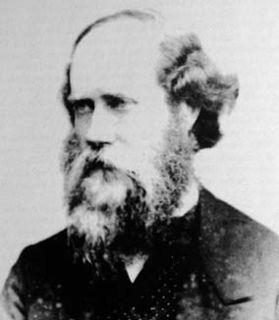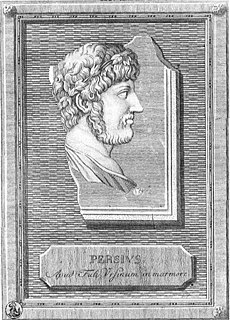A Quote by Philip Stanhope, 4th Earl of Chesterfield
I am very sure that any man of common understanding may, by culture, care, attention, and labor, make himself what- ever he pleases, except a great poet.
Related Quotes
Money alone is only a mean; it presupposes a man to use it. The rich man can go where he pleases, but perhaps please himself nowhere. He can buy a library or visit the whole world, but perhaps has neither patience to read nor intelligence to see.... The purse may be full and the heart empty. He may have gained the world and lost himself; and with all his wealth around him ... he may live as blank a life as any tattered ditcher.
Let us not... contend about merit , but let us all be intent on forwarding the common enterprize , and equally enjoy any progress we may make towards succeeding in it; and above all, let us acknowledge the guidance of that Great Being, who has put a spirit in man, and whose inspiration giveth him understanding .
If we except the great name of Newton (and the exception is one that the great Gauss himself would have been delighted to make) it is probable that no mathematician of any age or country has ever surpassed Gauss in the combination of an abundant fertility of invention with an absolute vigorousness in demonstration.
... I had a latent impression that there was something decidedly fine in Mr. Wopsle's elocution - not for old associations' sake, I am afraid, but because it was very slow, very dreary, very up-hill and down-hill, and very unlike any way in which any man in any natural circumstances of life or death ever expressed himself about anything.
God hath given to mankind a common library, His creatures; to every man a proper book, himself being an abridgment of all others. If thou read with understanding, it will make thee a great master of philosophy, and a true servant of the divine Author: if thou but barely read, it will make thee thine own wise man and the Author's fool.
I know that in many things I am not like others, but I do not know what I really am like. Man cannot compare himself with any other creature; he is not a monkey, not a cow, not a tree. I am a man. But what is it to be that? Like every other being, I am a splinter of the infinite deity, but I cannot contrast myself with any animal, any plant or any stone. Only a mythical being has a range greater than man's. How then can man form any definite opinions about himself?.



































